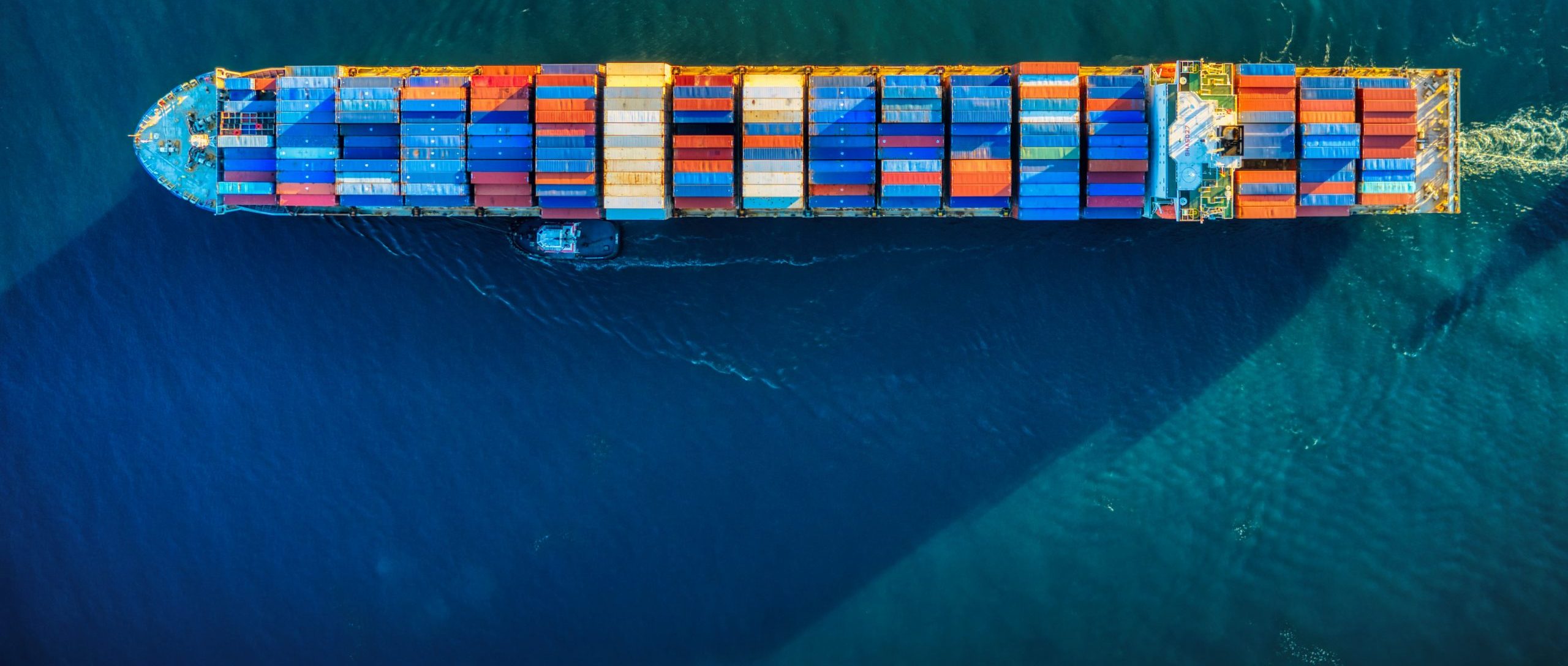TRADE AND INVESTMENT RULES
The rules governing global trade and investment require significant reform to be aligned with global public health, climate and development goals. This includes supporting increased flows of low-carbon goods, services and investment; lowering overall carbon emissions embedded in trade; and more fundamentally, increasing the voice and representation of low- and middle-income countries in developing new rules.
Trade negotiations, from multilateral to bilateral, should center public health, climate and development needs, yet the World Trade Organization (WTO) is fraught with fundamental disagreements among members, with some wielding more flexibility than others. Any sustainable, inclusive trade system requires rules that allow space for national policies while protecting vulnerable countries from resultant negative spillover effects.
The Global Economic Governance Initiative’s Trade and Investment workstream conducts research on the impact of the current and evolving global trade and investment rules on national policymaking. This work specifically examines the extent to which these rules facilitate access to medicines, climate mitigation and adaptation, financial and fiscal stability and development trajectories for developing countries.
Highlights
Latest News & Publications
-
Defunding the Amazon: Mapping ISDS Risk from the Oil and Gas Sector in Amazonian Countries
November 10, 2025The protection of the Amazon is a central theme of the 30th Conference of the Parties (COP30) in Belém, Brazil. However, efforts to ensure that... [ More ]
-
Still Constraining Climate Policy: Assessing the Climate-Related Industrial Policy Landscape in Five Figures
September 19, 2025By Rachel Thrasher and Praveena Bandara The consensus around the urgent need for climate policy continues to grow. In a July 2025 address, UN Secretary-General António... [ More ]
-
Climate-Related Industrial Policies: Opportunities and Obstacles in the Global Trade and Investment Regime
September 19, 2025Advanced economies that have criticized industrial policy in the past, are now increasingly turning to those tools in response to the climate crisis. At the... [ More ]
-
How Mexico Can Design a USMCA Where Development Matters
June 04, 2025By Tim Hirschel-Burns and Rachel Thrasher It is a fraught moment for North American trade policy. Over the last few months, United States President Trump has... [ More ]
-
Ending the Era of Investor-State Dispute Settlement
May 27, 2025Most of the world’s countries have renewed their interest in leveraging industrial policies to address concerns about global competitiveness, economic security and much needed investment... [ More ]
